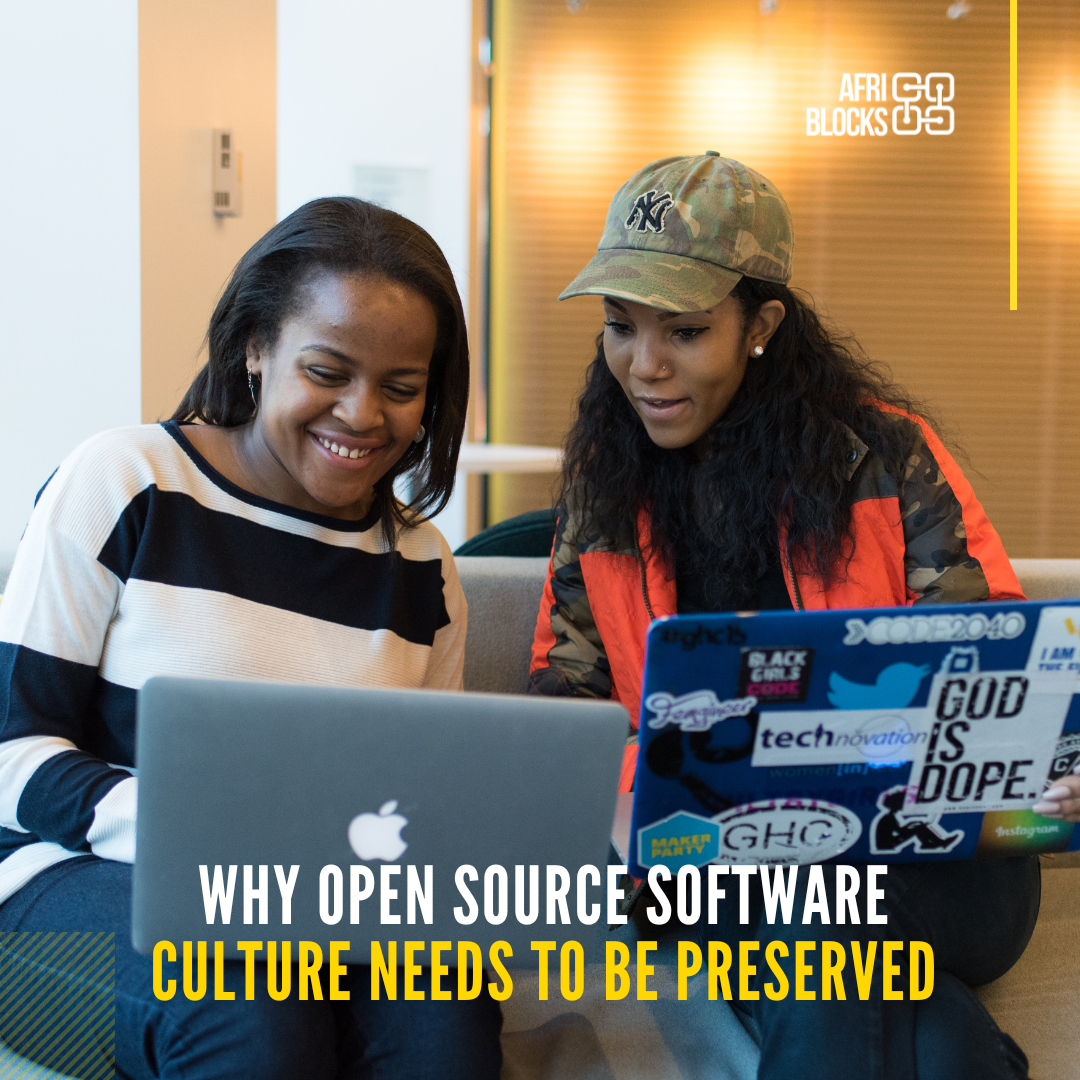
AfriBlocks Network
The future of software development holds exciting possibilities, as technology continues to evolve at an unprecedented pace. In the coming years, we can expect to see several trends and predictions shaping the industry, transforming the way we develop and interact with software.
One of the key trends that will shape the future of software development is the rise of artificial intelligence (AI) and machine learning (ML). AI and ML technologies are already revolutionizing various industries, and software development is no exception. Developers will increasingly leverage AI-powered tools and frameworks to automate repetitive tasks, enhance code quality, and improve overall productivity. From intelligent code suggestions to automated testing and debugging, AI will become an integral part of the software development process, enabling developers to focus on higher-level problem-solving and innovation.
Another significant trend on the horizon is the increasing adoption of low-code and no-code development platforms. These platforms empower individuals with limited coding experience to build functional software applications using visual interfaces and pre-built components. This democratization of software development will enable businesses to rapidly create and deploy applications, reducing development time and costs. As these platforms continue to evolve, we can expect them to become more powerful, flexible, and accessible, opening up new opportunities for innovation and collaboration.
The future of software development will also be influenced by the growing demand for cybersecurity. With the increasing reliance on software in all aspects of our lives, the need for robust security measures has never been more critical. Developers will need to prioritize security from the earliest stages of the development process, implementing secure coding practices, and integrating advanced security testing tools. Additionally, emerging technologies such as blockchain will play a vital role in ensuring data integrity and privacy, further enhancing the security of software applications.
Furthermore, the future of software development will see a shift towards more collaborative and agile development methodologies. Agile practices, such as DevOps and continuous integration/continuous deployment (CI/CD), will continue to gain momentum, enabling faster development cycles and quicker time-to-market. The focus will be on building flexible, scalable, and modular software architectures that can adapt to changing business needs and seamlessly integrate with other systems. This shift towards collaboration and agility will foster innovation and allow businesses to adapt to changing market demands more effectively.
Lastly, the future of software development will be heavily influenced by the rise of Internet of Things (IoT) and edge computing. As more devices become interconnected, developers will need to design and build software applications that can effectively harness the power of IoT and process data at the edge. This will require a deep understanding of distributed computing, real-time analytics, and efficient data management.
In conclusion, the future of software development is a dynamic and ever-evolving landscape. With the rapid advancement of technology, we can expect to see exciting trends and predictions shaping the industry in the coming years. From the integration of AI and ML to the adoption of low-code and no-code platforms, the software development process is becoming more efficient, accessible, and collaborative.
The increasing emphasis on cybersecurity highlights the need for developers to prioritize security measures in their software applications. As software plays an increasingly critical role in our lives, ensuring the privacy and integrity of data will be paramount. Incorporating secure coding practices and leveraging emerging technologies like blockchain will be essential in building robust and secure software.
Overall, the future of software development holds immense potential for innovation and growth. As technology continues to advance, developers must stay abreast of emerging trends and adapt their practices to meet evolving industry demands. By embracing these trends and predictions, software development will continue to drive progress and shape the way we interact with technology in the years to come.
Backed by TechStars and Google; AfriBlocks equips users with a talent platform that streamlines the process of connecting with top affordable African freelancers. Making it easier to find, vet, hire, and pay African talent.
Post A Job to support: https://afriblocks.com/request-a-service










